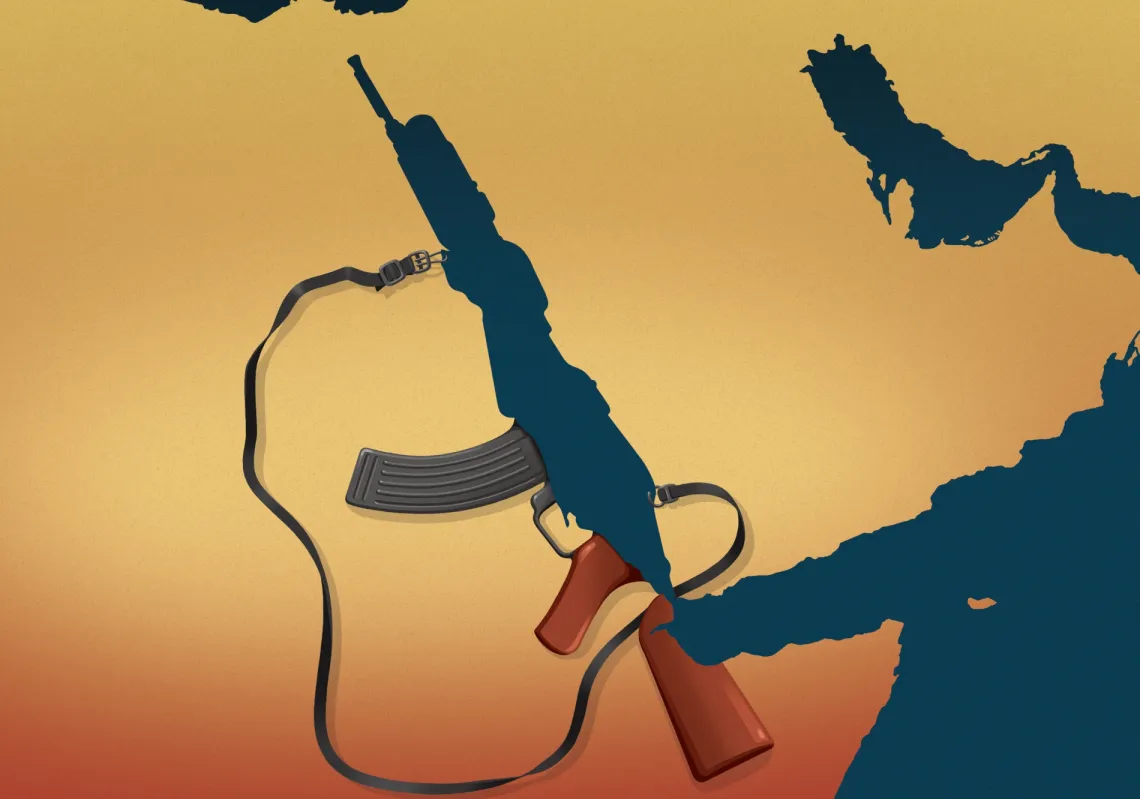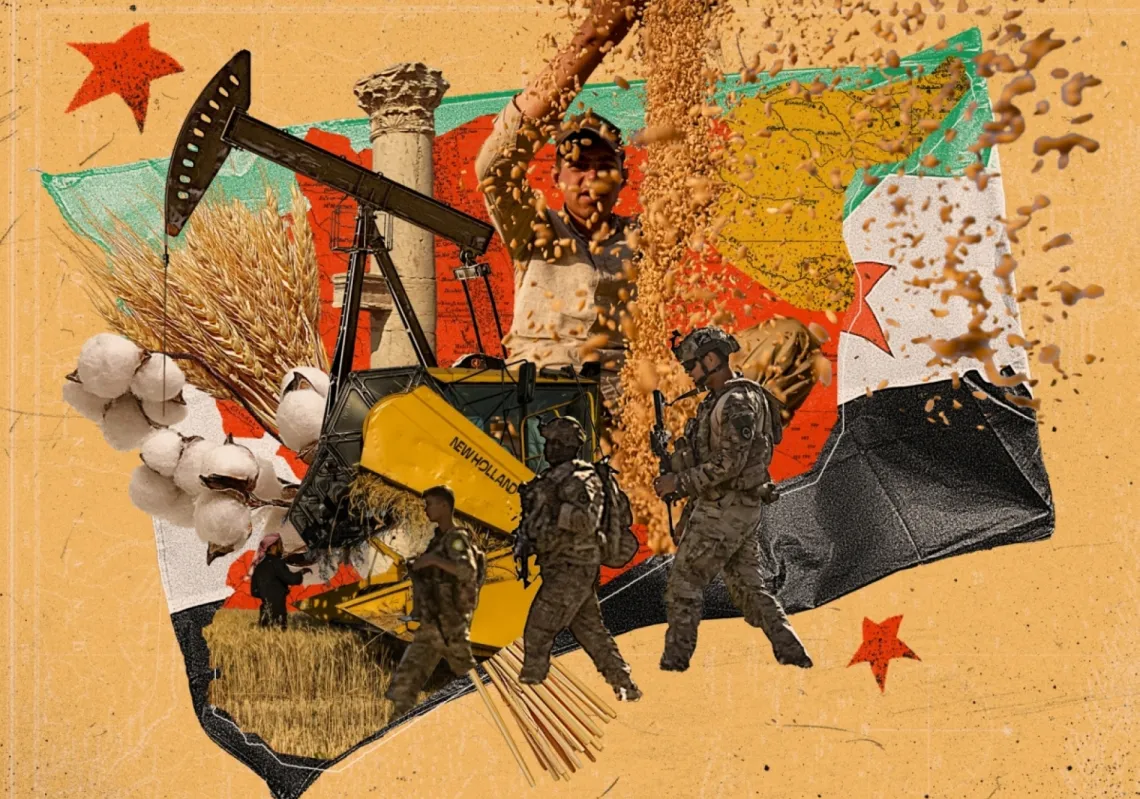Bulgarians voted in their fourth national election in less than two years on Sunday, with little hope for a stable government emerging because of deep divisions within the political elite over how to tackle entrenched corruption.
Prolonged political turmoil threatens to undermine Bulgaria's ambitions to join the euro zone in 2024 amid double-digit inflation and steep energy prices, and could lead to a softening of Sofia's stance on the Russian war in Ukraine.
Voting starts at 7 a.m. (0400 GMT) and ends at 8 p.m. (1700 GMT). Exit polls will be released after the ballots close, with first partial official results expected in the early hours of Monday.
"I hope for a government, but it will probably not happen," said 35-year-old programmer Boris Strandzhev after voting. "There are too many divisions - on how to combat corruption, how to push forward with the economy and how to address Russia".
Opinion polls suggest that up to eight political parties may enter the next parliament, with the centre-right GERB party of former long-serving premier Boyko Borissov, 63, leading with about 25%-26% of the vote.
Just as last year, Borissov, who has pledged to bring stability, is widely expected to struggle to find coalition partners among his major rivals who accuse him of allowing graft to fester during his decade-long rule that ended in 2021.
"I call on my colleagues to show reason after tonight," Borissov told reporters after casting his ballot. "There is a war in the world... It is important for the country to stay on its Euro-Atlantic course".
The We Continue the Change (PP) party of reformist premier Kiril Petkov, whose coalition cabinet collapsed in June, is running second on 16-17% in opinion polls.
Petkov, a 42-year old Harvard graduate, said on Sunday Bulgarians were choosing between the politics of the transition period that was marred by endemic graft and a more transparent Bulgaria that would be a reliable European Union member.
Failure to forge a functioning cabinet would leave the rule of the EU and NATO-member state to a caretaker administration appointed by Russia-friendly President Rumen Radev.
NEW SNAP POLLS OR TECHNOCRAT CABINET
Analysts say political parties, aware of economic risks from the war in Ukraine, a difficult winter ahead and voters' frustration with political instability, could shelve their differences and opt for a technocrat government.
"Producing a government will be difficult and will require serious compromises," said Daniel Smilov, political analyst with Centre for Liberal Strategies.
Support for traditional parties like the ethnic Turkish MRF party, and Petkov's allies - the Socialists and the anti-graft Democratic Bulgaria - remains relatively unchanged since the last election in November.
Petkov's PP-led government took an unusually hawkish stance on Russia by Bulgaria, which has traditionally maintained friendly ties with Moscow. It refused, for example, to pay for Russian gas with roubles and has seen Gazprom cut off supplies.
Opinion polls suggest support for the pro-Russian ultra-nationalist Revival has more than doubled, to about 11-14%. Revival firmly opposes the adoption of the euro and wants Bulgaria to leave NATO.
Sunday's turnout is expected to be low amid public anger over political infighting.








